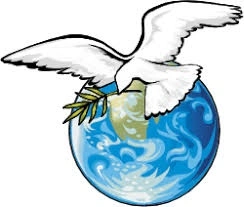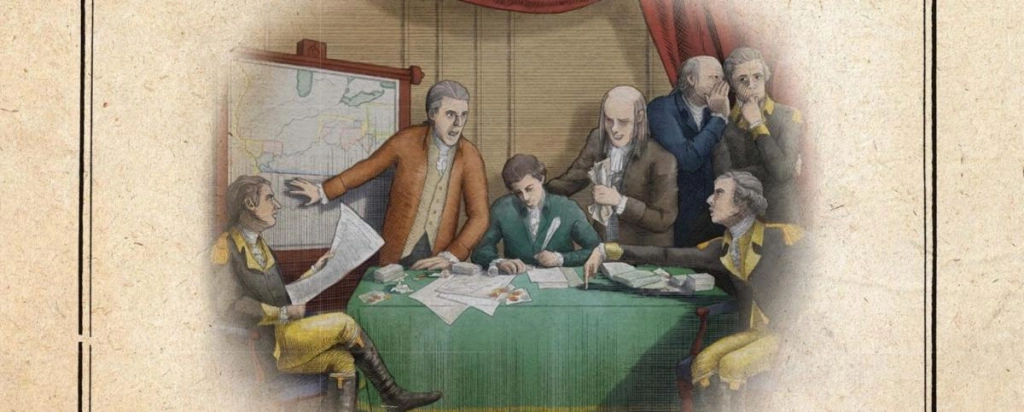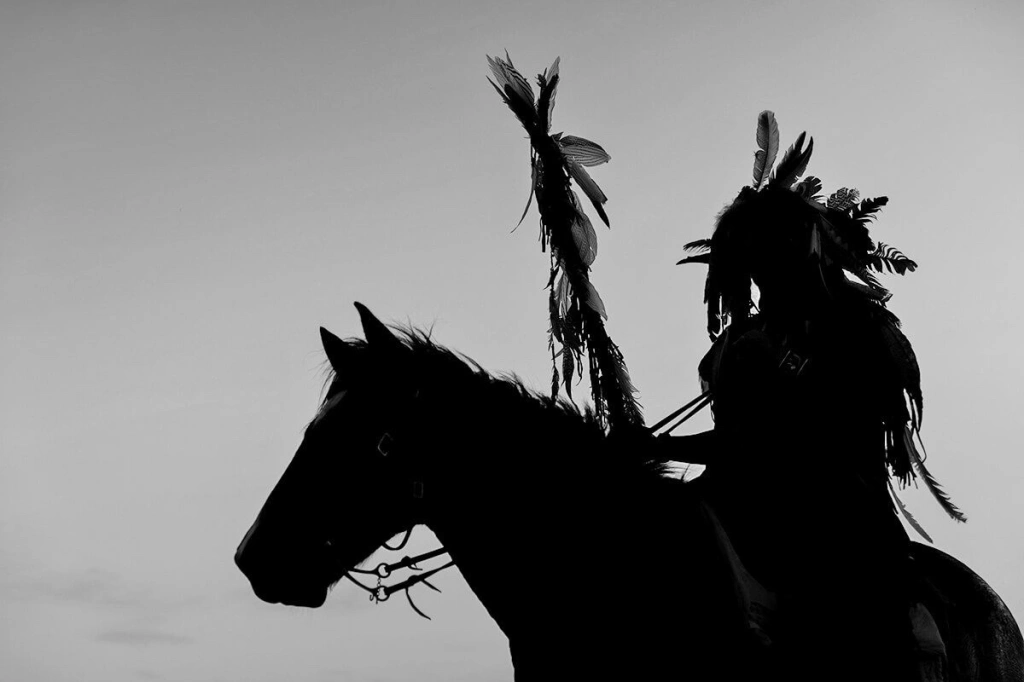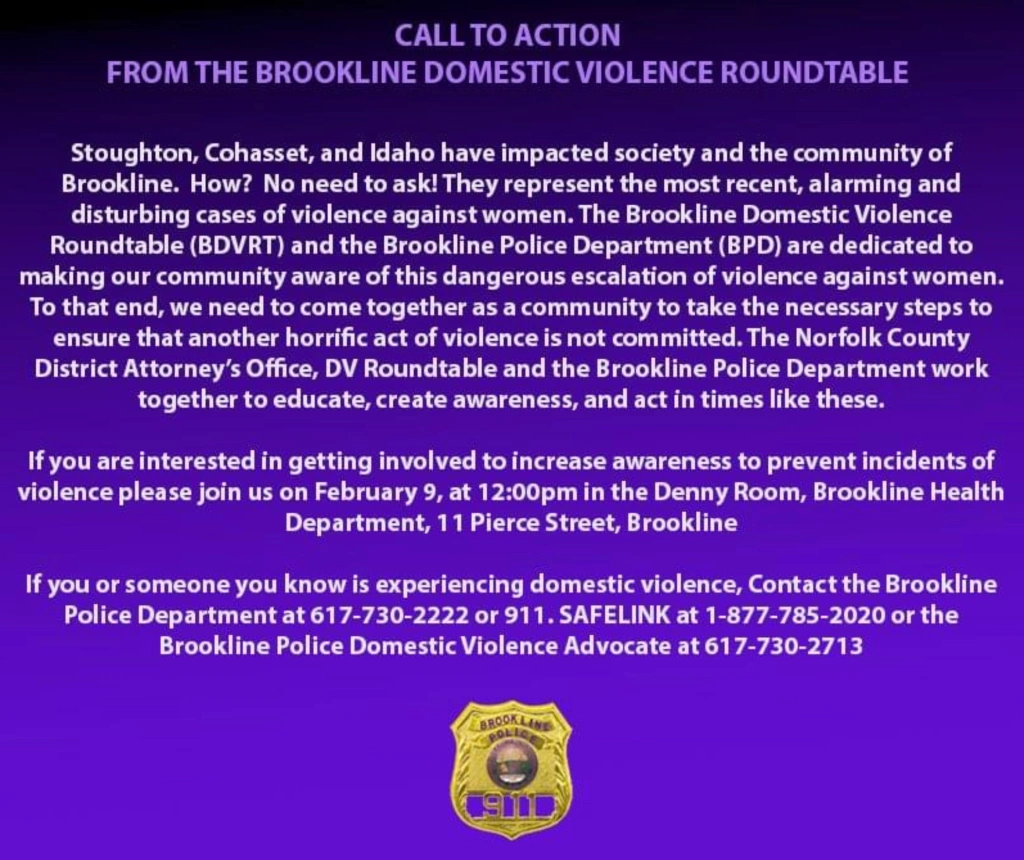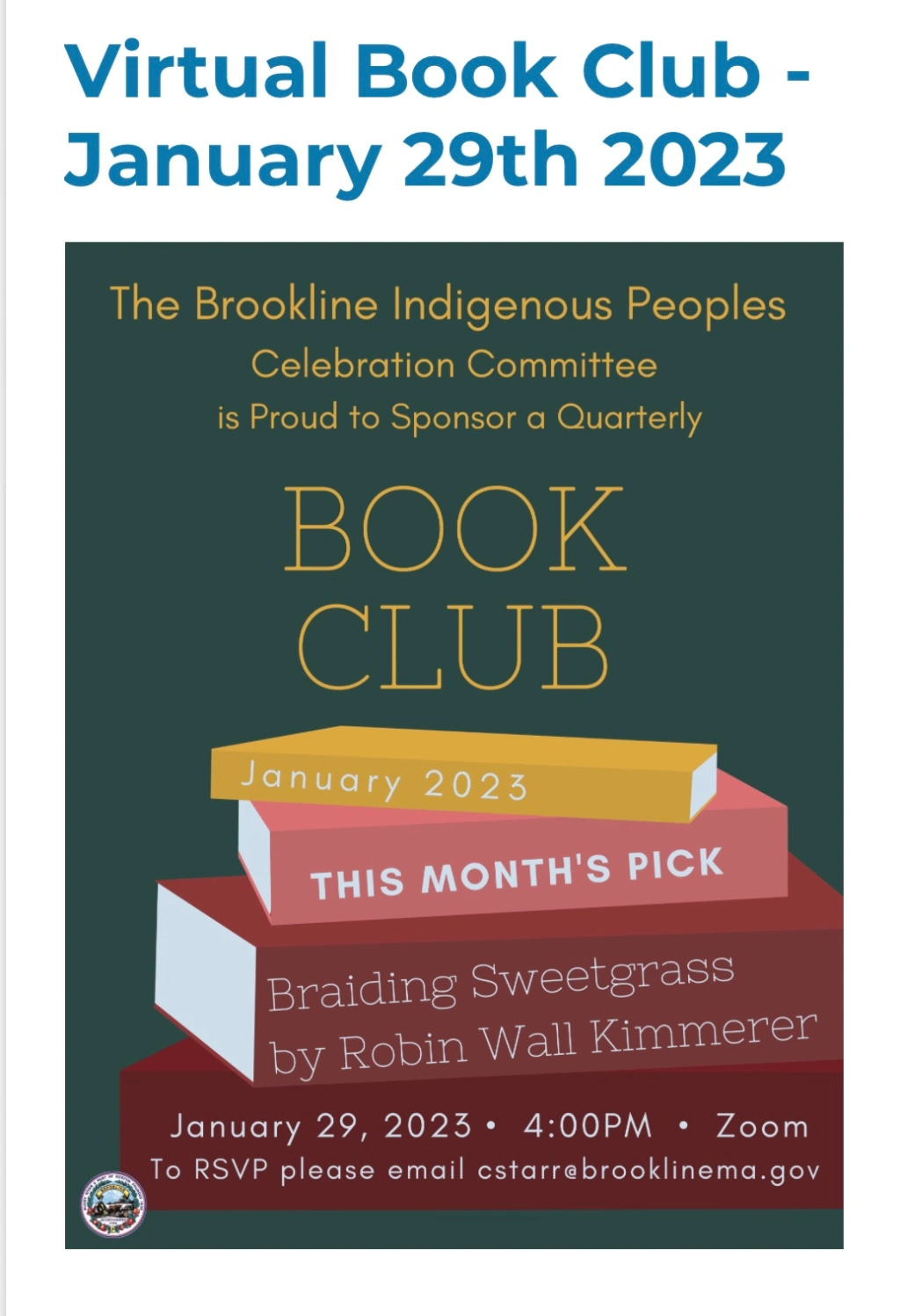-
Today is the first day of black history month. I wanted to post something that would m as sme some of us a little more aware of both the suffering and accomplishments of African Americans. Click here to read more
-
El malay rachamim shochen bamiromim, Hamtzey menucha nechona tachas kanfey hashechina, B’ maalos kedoshim ut’ horim kezohar harakeea mazhirim es nishma (name). Shehalach 1’olamo Ba’voor shenadvoo tzedaka b’adhazkaras nishmasob’ gan eden t’ hay m’ noochasolachen baal harachamim yastirayhoo b’seser kna fav 1’olamimv’ytzror bitzror hachayim es nishmaso Adonoy hoo nachalaso, v’yanooach b’shalom al mishkavo, v’nomarah’main. El…
-
Join the Massachusetts Historical Society online or in person on 11 October! Speculation Nation: Land Mania in the Revolutionary American Republic Michael Blaakman, Princeton University Wednesday, 11 October | 6:00 PM Patriot leaders staked the success of their revolution on the seizure and public sale of Native American territory. Initially, they hoped that fledgling governments could…
-
Original photo by PhotoStock-Israel/ Alamy Stock Photo Read Time: 4m The human history of the United States begins with Native Americans. After stewarding the land for generations, Indigenous peoples introduced Europeans to “new food plants, new drugs, new dyes, tobacco, unheard-of languages, novel modes of life,” and much more, as the historian A. Irving Hallowell wrote back in 1957.…
-
In tribute to Tony Bennett, please take a moment to listen to his classics. How much music has changed. He will be sorely missed. Here is the CBS report on Tony Bennett’s Death https://www.cbsnews.com/news/tony-bennett-dies-age-96-grammy-winning-singer/
-
As a member of the Brookline Domestic Violence Roundtable, I implore you to read our call to action and do all you can to help your community and others to escape the horrors of Domestic Violence. Domestic Violence has life time systemic ramifications for all involved. Please don’t stand by and allow the violence to…
-
The Indigenous Peoples Celebration Committee would like to invite you to participate in their first Indigenous Authors Book Club! Join us on Sunday, January 29, 2023 from 4-5:30 pm for a virtual Book Club conversation. This month we will be reading and discussing Braiding Sweetgrass by Robin Wall Kimmerer. “As a botanist, Robin Wall Kimmerer…
-
Subscribe
Subscribed
Already have a WordPress.com account? Log in now.
